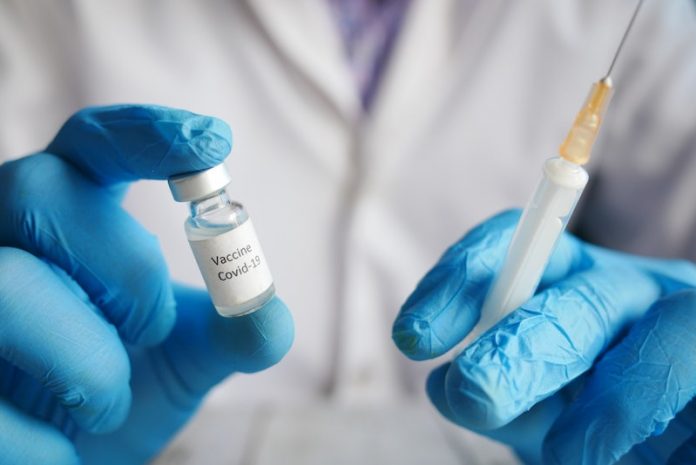
In a new study from WHO and FDA, researchers found that, even for the delta variant, vaccine efficacy against severe COVID is so high that booster doses for the general population are not appropriate at this stage in the pandemic.
A consistent finding from the observational studies is that vaccines remain highly effective against severe disease, including that from all the main viral variants.
Averaging the results reported from the observational studies, vaccination had 95% efficacy against severe disease both from the delta variant and from the alpha variant, and over 80% efficacy at protecting against any infection from these variants.
Across all vaccine types and variants, vaccine efficacy is greater against severe disease than against mild disease.
The team found although vaccines are less effective against asymptomatic disease or against transmission than against severe disease, even in populations with high vaccination coverage the unvaccinated minority are still the major drivers of transmission, as well as being themselves at the highest risk of serious disease.
Taken as a whole, the currently available studies do not provide credible evidence of substantially declining protection against severe disease, which is the primary goal of vaccination.
The team says the limited supply of these vaccines will save the most lives if made available to people who are at appreciable risk of serious disease and have not yet received any vaccine.
Even if some gain can ultimately be obtained from boosting, it will not outweigh the benefits of providing initial protection to the unvaccinated.
If vaccines are deployed where they would do the most good, they could hasten the end of the pandemic by inhibiting further evolution of variants.
The authors note that even if levels of antibodies in vaccinated individuals wane over time, this does not necessarily predict reductions in the efficacy of vaccines against severe disease.
This could be because protection against severe disease is mediated not only by antibody responses, which might be relatively short-lived for some vaccines, but also by memory responses and cell-mediated immunity, which are generally longer-lived.
If boosters are ultimately to be used, there will be a need to identify specific circumstances where the benefits outweigh the risks.
If you care about COVID, please read studies about vitamin D and COVID-19: What you need to know and findings of the key to suppressing COVID-19.
For more information about COVID and your health, please see recent studies about the cause of severe inflammation in COVID-19 and results showing that this common eye disease in older people linked to higher COVID-19 complications.
The study is published in The Lancet. One author of the study is Dr. Ana-Maria Henao-Restrepo.
Copyright © 2021 Knowridge Science Report. All rights reserved.



